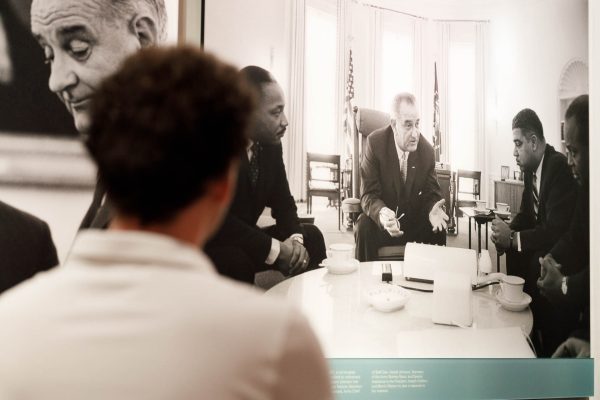Judicial elections require reform
Last month’s primary tied up various loose ends in a long-awaited, highly anti-climatic drama for both the Republican and Democratic primaries. As expected, incumbent Gov. Rick Perry will face former Houston mayor, Bill White, to land the state’s top job. However, the primary run-off to select Supreme Court Justice has yet to be held. Six Republicans filed and failed to capture a 50 percent majority after Justice Harriet O’Neill, a fellow Republican, announced retirement.
The leading candidates, Rick Green and Debra Lehrmann, will face a run-off. Rick Green, a former legislator from Dripping Springs, has zero courtroom experience. More embarrassingly, in 2001, Green was ranked as on of the “Worst Legislators” by Texas Monthly. He was also investigated by a grand jury for excessive lobbying efforts. The winner faces Democrat Jim Sharp. A case like the above is the perfect example of why the state should reform the method it chooses judges.
Texas remains one of the few states that elects its judiciary in a partisan election. Instead, Texas should adopt an appointment, merit or a hybrid system of the two to best ensure the integrity and independence of our courts. An appointment system relies on the governor to nominate and the legislature to confirm judicial appointments. A merit system comprises of a committee that generates a list of “qualified” candidates and, from there, the governor appoints to the states’ various benches. Other states such as California appoint judges that serve 12 years and run in retention elections.
Judges should be given life appointment to the bench to isolate them from undue influence. Judges must carefully craft opinions that are acceptable to the electorate. Furthermore, judges in Texas must raise a campaign war chest that subjects them to catering to special interests. In particular, many judges juggle getting checks from donors while reviewing cases from the same clientele. Contributions to judicial races became such a problem that in 1995, Texas enacted caps on individuals and firms to limit some races that had exceeded a one million price-tag.











